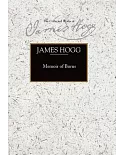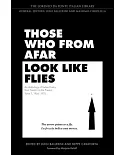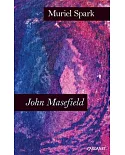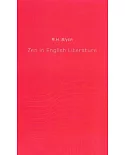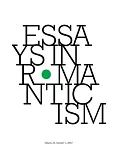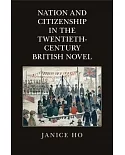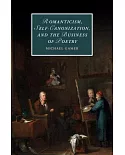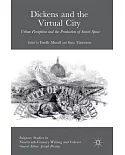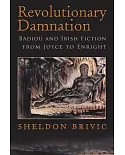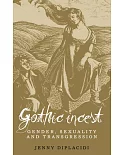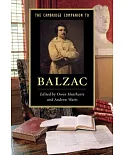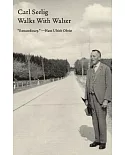In this book James Mulholland offers a new assessment of the origins, evolution, and importance of poetic voice in the eighteenth and early nineteenth centuries. By examining a series of
literary experiments in which authors imitated oral voices and impersonated foreign speakers, Mulholland uncovers an innovative global aesthetics of poetic voice that arose as authors invented
new ways of crafting textual voices and appealing to readers. As poets drew on cultural forms from around Great Britain and across the globe, impersonating 'primitive' speakers and reviving
ancient oral performances (or fictionalizing them in verse), they invigorated English poetry. Mulholland situates these experiments with oral voices and foreign speakers within the wider
contextof British nationalism at home and colonial expansion overseas.


